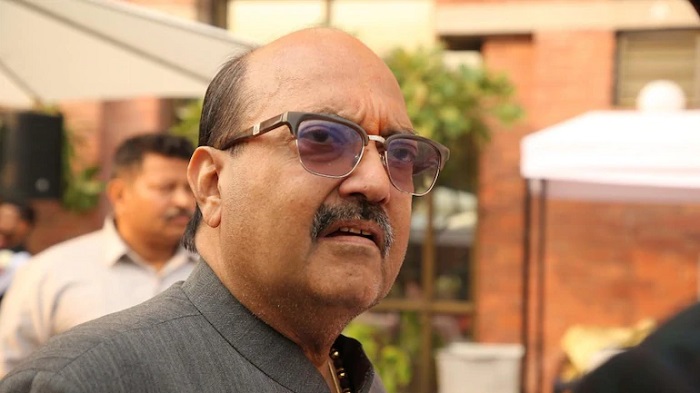Jaipur, Jul 20: In a startling revelation, Rajasthan Congress MLA Giriraj Singh Malinga has claimed that rebel leader Sachin Pilot offered him Rs 35 crore to switch to the BJP but he refused.
Speaking to the media in Rajasthan capital Jaipur, Malinga, who represents Bari constituency, said he had informed Chief Minister Ashok Gehlot about Pilot’s “offer”.
“I, too, had offers but I refused. I had spoken to Sachin ji, he asked me to switch sides and I refused. This is a wrong thing, I will not do it for money,” Malinga said.
“I said that when we left Bahujan (BSP, in 2008), where one has to give money to get a ticket, whereas in Congress and BJP, that is not the system. I was offered a lot of money. Sachin Pilot had said money is not an issue, you ask what you want and you will get… Rs 35 crore or more, but I said it is wrong,” he added.
Malinga said he had had the conversation with Pilot 2-3 times, first in December during the panchayat delimitation, and later before the Rajya Sabha elections last month.
He added that the BJP had never reached out to him, and neither had he spoken to them. “I have no animosity with Pilot but I am speaking the truth,” he said.
The state plunged into a political crisis after former deputy chief minister Sachin Pilot declared rebellion on 12 July, claiming to have the support of 30 MLAs. By the next day, however, he could not prove the support of more than 18 legislators.
On 14 July, 19 MLAs, including Pilot, were served notices by Speaker C.P. Joshi, who asked them to respond by Friday after a petition filed by the chief whip of Congress sought their disqualification from the state assembly. The party also sacked Pilot and two Rajasthan cabinet ministers from their respective posts the same day.






Comments
Add new comment